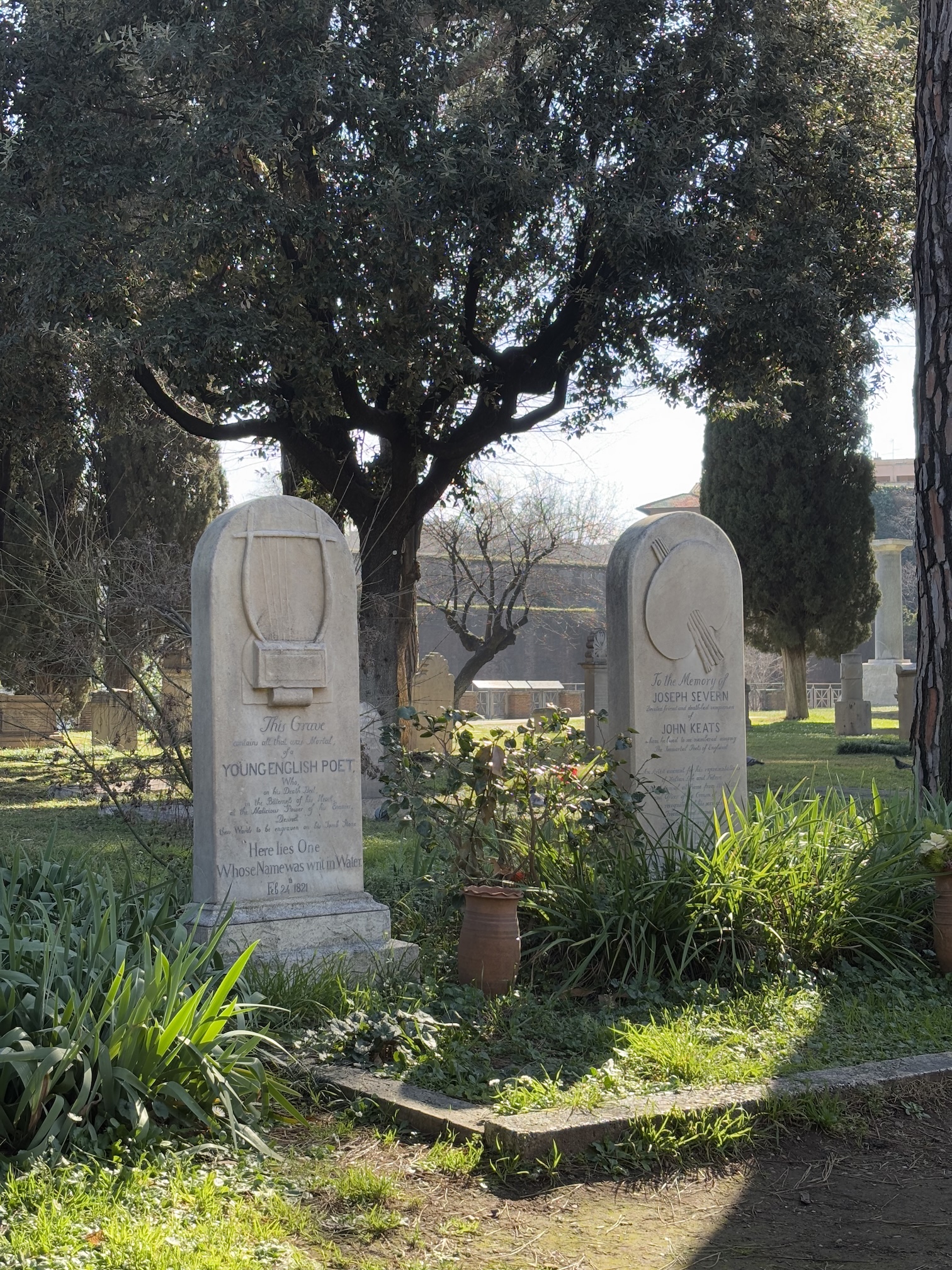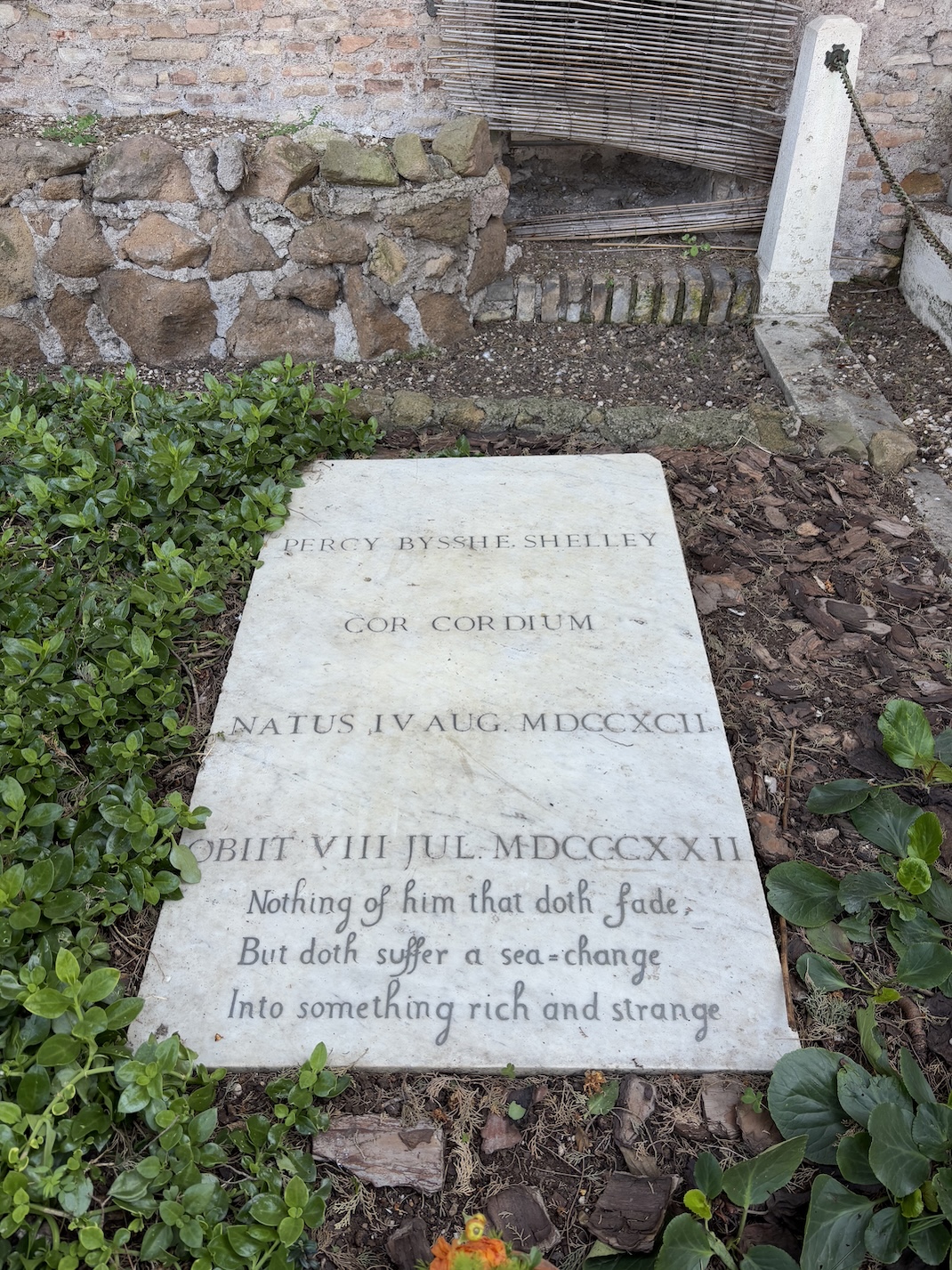
Blog — IntentionsDantis Elementorum |
Version | v0.1.0 | |
|---|---|---|---|
| Contact | dante@odyseus.ai | ||
Then on the shore of the wide world I stand alone,
And think till love and fame to nothingness do sink.
John Keats
In the ninth chapter of Mad Men’s fifth season, Michael Ginsberg declaimed those triumphant verses from Shelley’s Ozymandias after his advertising pitch was chosen for presentation to prestigious executives. Stan Rizzo kindly advised him to read the rest of the poem. I say kindly, for Shelley’s poem demonstrates with exquisite cruelty how all human effort is but a sandcastle. Oscar Wilde understood that the culture of effort and hard work, those proud mannerisms of the mentally unemployed, are “simply the refuge of people who have nothing whatever to do”. Projects, labors and decorations —those magnificent deceptions we call achievements— seduce each generation anew with their promise of glory. How amusing that we forget that the merciless passage of time has always reduced them to mere anecdote or, in the vast majority of cases, to dust and nothingness.
That we still measure the worth and intelligence of men through the vulgar test of production merely indicates that, like Michael, we have not yet fully learned that lesson. Ozymandias, the character from Watchmen, is considered the most intelligent man because through his efforts he manages to amass a fortune and become the most powerful man in the world. Today, we hold Musk in the esteem once reserved for Newton and Tesla. In time, we discover that Ozymandias was so naïve as to believe he could save humanity from itself; that Musk is convinced the coronavirus is a mere social conspiracy; that Newton devoted himself to alchemy for most of his life; that Tesla, when he stopped working, began to horrify himself thinking about aliens; that Wallace believed in telepathy; that Crookes photographed spirits; that Gödel starved himself to death because of some kind of paranoia. One cannot but wonder at the spectacle of Leibniz, Gauss, and Euler dedicating entire decades to reading and thinking about such incredibly tedious matters —unless genius itself is a charming form of idiocy.
To desire judgment by one’s works betrays more vanity than wisdom. We, who toward others extend the courtesy of being forgotten and toward ourselves possess sufficient intellectual honesty to see ourselves as mere mortals, are at least intelligent enough to understand that eternity and immortality are dreadful inventions of dreadful people, and that the perfect uselessness of all things leaves us with the marvelous alternative of consecrating beauty.
2020
And so castles made of sand / slip into the sea… eventually…
The youngest of the martyrs here is lain.
Oscar Wilde
Peace, peace! he is not dead, he doth not sleep,
He hath awaken’d from the dream of life.

Keats witnessed his mother’s consumption at fourteen; at twenty-five, whilst nursing his brother Tom through the same disease, he discovered its shadow upon himself. Being so young, he was tormented by the idea that he would die before his immense poetic ambitions could be fully realized. In one of the sonnets he wrote at the time, When I have fears, he lamented that he might ‘cease to be’ before his pen could give utterance to all that lay within. Yet even as he wrote, he sought to convince himself to accept this fate. In a letter to his beloved Fanny Brawne, he confessed: “If I should die, I have left no immortal work behind me —nothing to make my friends proud of my memory— but I have lov’d the principle of beauty in all things, and if I had had time I would have made myself remember’d”.
Beside Keats rests his friend Joseph Severn. Severn, the devoted friend who accompanied him until his last days in Rome, preserved one of Keats’ last wishes: that on his gravestone should be the inscription “Here lies one whose name was writ in water”. The tombstone, visible in the above picture, recounts the story of Keats’ “bitterness” caused by the highly critical reviews of his poetry (particularly, Endymion). The conviction that he would die before achieving the greatness to which he aspired remained with him until his final breath.
As Charles Clay Doyle observes, “there persists some question as to whether Keats actually requested ‘writ in water’ and not ‘writ on water’”, since both versions have been recorded by different people close to Keats (the Shelleys among them). Moreover, in his remarkable study titled In Aqua Scribere, he tracks the roots of this captivating inscription, tracing the phrase to its origins in a lost play of Sophocles, whence the line “I write a woman’s oaths on water”1 survives. Furthermore, in Plato’s Phaedrus (276c), Socrates argues that a wise person would not seriously commit their most profound thoughts to the static and unresponsive medium of writing, which he metaphorically describes as “writing with ink on water”2. In one of his dialogues, Lucian refers to this syntagm as a common proverb used to mean “joking”.
Mere steps away from Keats’ grave lies a prominent acquaintance and admirer of his work: none other than Shelley himself, who met a tragic end in a boating accident just one year after Keats’ death. One cannot help but notice the irony of these words: an ode to the tragic deaths of two Romantic poets who claimed all human effort was destined for oblivion, written as a postscriptum to a text stating the same idea. And rightly so, as Cicero once said, ipsi illi philosophi, etiam in eis libellis quos de contemnenda gloria scribunt, nomen suum inscribunt.
